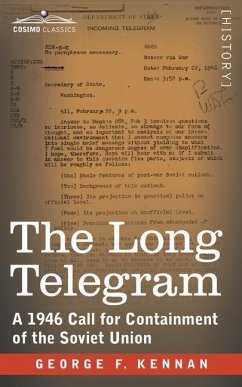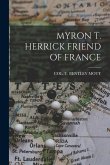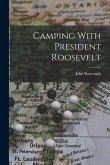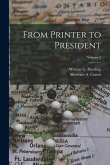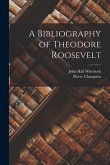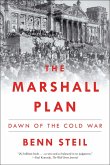"(while Soviet power was) impervious to the logic of reason, it was highly sensitive to the logic of force." -The Long Telegram, George F. Kennan (1946) Although the United States and the Soviet Union were allies during World War II, their relationship soon changed after the war. In February 1946, the US Moscow embassy was asked by the US Treasury why the Soviet Union was not supporting the newly created World Bank and the International Monetary Fund. George Kennan, the Chargé at the US Embassy in Moscow, responded by telegram, also explaining his broader views of the Soviets. His extensive response, dubbed The Long Telegram, became the inspiration for the US containment policy. According to this strategy, the United States and its allies needed to contain the Soviet Union by preventing the spread of communism. The Long Telegram offers unique insight in a turning point in the US-Soviet relationship and is a must-read for students of US foreign policy, diplomats, and policymakers.
Bitte wählen Sie Ihr Anliegen aus.
Rechnungen
Retourenschein anfordern
Bestellstatus
Storno

